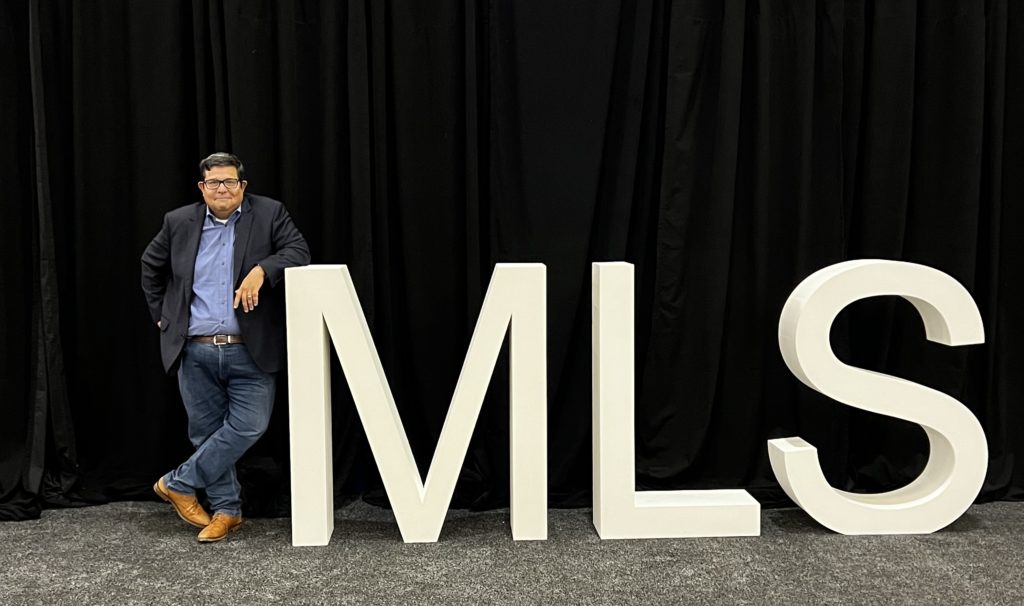I’ve shied away from doing lists in the past. Once, I even created an “Anyone But Bob Hale Awards,” since Bob has won just about every award imaginable. But in the end, I gave the award to Bob anyway.
Another reason I’ve avoided lists is that many feel pay-to-play or come with certain agendas. I get that this is the nature of these lists—and to be honest, I’ve been included on a few myself. Lastly, they’re often just too long: The Top 100, The Top 200, etc.
But as we close out a truly crazy chapter in organized real estate, I couldn’t resist putting together a list of my own. I’m not sure if I’ll do this every year, but this year I wanted to highlight a few people who genuinely deserve recognition. To keep things manageable, I’ve narrowed it down to three. Here they are, in no particular order:
James Dwiggins. I’ve worked with James over the years. His company, NextHome, was a major customer of W+R Studios and one of the first to embrace custom themes for Cloud CMA. Over the past year, however, James has stepped up as a leader, educating the industry on the NAR Settlement, advocating for best practices, and sparking important conversations through his excellent Real Estate Insiders Unfiltered Podcast, which he co-hosts with the wonderful Keith Robinson. He’s also a frequent and impactful speaker at industry events.
On top of all that, James is a family man, married with a young daughter, yet he has devoted so much of his personal time to this industry. And, as if that wasn’t enough, he’s also been busy launching an exciting new startup, Rayse. My hat’s off to you, James—thank you for all you’ve done this year to keep the industry we love moving forward.
Leo Pareja. Leo first came onto my radar as one of the co-founders of Remine. Longtime readers of Vendor Alley might remember that I was highly critical of some of Remine’s business practices and leadership. Their dirty laundry was aired in outlets like Inman News. However, I always heard that Leo was different, and that he had distanced himself from some of the other founders during those turbulent times..
Leo is different. Glenn Sanford deserves credit for appointing Leo as CEO of eXp Realty, where his leadership has been exceptional. His work on consumer-friendly forms prompted much of the industry to take a second look at their own practices. And now, his stance on CCP (Clear Cooperation Policy) continues to impress.
What’s more, it’s refreshing to hear someone running a public company who speaks plainly, cutting through the corporate jargon. Thank you, Leo, for leading by example and pushing the industry forward.
Ed Zorn. Over the past couple of years, it seems like there wasn’t an event I attended where Ed Zorn wasn’t speaking. The same goes for podcasts—he even appeared on Industry Relations with Rob Hahn and me a few times.
During this time, Ed became the industry’s “great explainer.” No one did more to break down the complexities of the NAR Settlement and its implications than Ed. But he didn’t stop at explaining—Ed and CRMLS proposed thoughtful solutions to help guide the industry through turbulent times.
Like James and Leo, Ed has devoted a significant amount of his personal time to helping the industry navigate these challenges. Thank you, Ed, for being a steady voice of reason and a source of actionable ideas during this transformative period.
I don’t have a fancy trophy to hand out, or a magazine to put your faces on, but you all have my thanks for doing what’s right.










